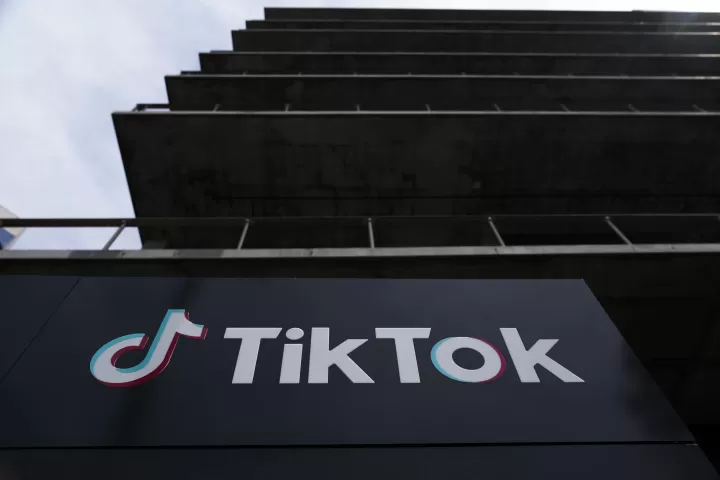The House of Representatives made a significant move on Saturday by passing legislation aimed at banning TikTok in the United States unless its China-based owner sells its stake within a year. This action, which comes amid growing concerns about national security and privacy, underscores the escalating tensions between the U.S. and China in the realm of technology and social media.
The decision to include TikTok in a larger foreign aid package, a priority for President Joe Biden with bipartisan congressional support for countries like Ukraine and Israel, expedited the ban after an earlier version of the bill had stalled in the Senate. Initially, a standalone bill proposing a shorter six-month selling deadline had passed the House in March, with overwhelming bipartisan support, as both Democrats and Republicans voiced concerns about the app’s Chinese ownership and its potential implications for national security.
The modified legislation, passed by a 360-58 vote, is now headed to the Senate following negotiations that extended the selling deadline to nine months, with a possible additional three months if a sale is in progress. However, legal challenges could further prolong this timeline. ByteDance, the company behind TikTok, has signaled its intent to challenge the law in court, arguing that it would infringe on the First Amendment rights of its millions of users.
TikTok has fiercely opposed the legislation, rallying its 170 million U.S. users, many of whom are young, to call Congress and voice their opposition. However, this pushback has only fueled lawmakers’ determination, particularly given broader concerns about Chinese influence and the potential for data exploitation.
The rapid progression of this bill is notable, as it marks a departure from Congress’s historically hands-off approach to tech regulation. Despite previous efforts to address issues such as online child safety and user privacy, lawmakers had largely refrained from direct intervention until now. The TikTok ban reflects a bipartisan consensus on the need to address China’s growing influence in the tech sector.
Lawmakers and intelligence officials have raised concerns about the possibility of Chinese authorities accessing American user data through ByteDance or manipulating TikTok content to serve their interests. While TikTok has denied these allegations, the U.S. government has yet to provide concrete evidence of such activities.
ByteDance’s previous legal victories in the U.S., including blocking state-level bans and challenging executive orders, suggest that the company may mount a successful legal challenge against the ban. Moreover, TikTok’s significant economic contribution to the U.S. economy, along with its role as a platform for free expression, has garnered support from organizations like the American Civil Liberties Union.
Despite opposition from some lawmakers and advocacy groups, the bill has gained momentum in Congress, driven by bipartisan concerns about national security and China’s influence. The prospect of a TikTok ban has sparked anxiety among content creators and businesses reliant on the platform, who fear the potential loss of income and audience reach.
As the legislation moves forward, the fate of TikTok in the U.S. hangs in the balance, with potential implications for free speech, national security, and the broader relationship between the U.S. and China.
Source:
https://apnews.com/article/tiktok-us-ban-sale-china-congress-de12b4d22aa8095e62cb0982a6e62235

